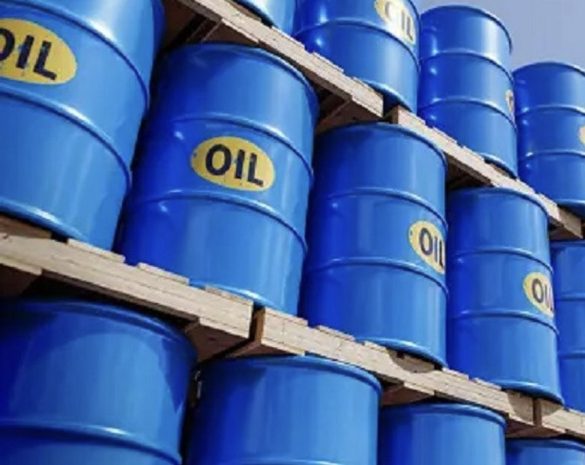KEY POINTS
- Nigeria kept crude output above 1.5 mbpd in June and July.
- Government pushes “Project One Million Barrels” to boost supply.
- Medium-term target: 2 mbpd, rising to 2.5 mbpd by 2026.
For two months in a row, Nigeria has maintained OPEC crude production above the 1.5 million barrels per day mark, bolstering its attempts to win back investor trust and hasten the recovery of the nation’s beleaguered upstream industry.
Nigeria produced an average of 1.505 million barrels per day in June and 1.507 million in July, both marginally above its quota of 1.5 million, according to new data from OPEC’s August 2025 Monthly Oil Market Report.
That follows 1.453 million barrels per day in May, marking a steady climb and the third time this year that Africa’s top producer has matched its allocation.
Production petered out in the first half of the year, dropping to as low as 1.40 million barrels per day in March after reaching its highest monthly output of 1.54 million barrels per day in January. The recovery during the summer months shows that the government’s efforts to increase production and stabilise the oil economy are making headway.
Government targets 2 million barrels per day
The Nigerian Upstream Petroleum Regulatory Commission’s chief executive, Gbenga Komolafe, stated that the administration’s 2024-launched “Project One Million Barrels Initiative” is starting to show results. Reviving dormant wells, expediting regulatory approvals, and increasing upstream value chain efficiency are the main objectives of the strategy.
Although not all volumes have been reconciled, Komolafe claims that these actions have already increased oil and condensate production from 1.4 million barrels per day last year to between 1.7 and 1.83 million in recent months. According to him, the government’s medium-term objective is to increase production to 2 million barrels per day and, by 2026, to 2.5 million.
“This recent increase of about 300,000 barrels per day is a confirmation that we are moving in the right direction,” Komolafe said.
Nigeria, which still faces pipeline vandalism, oil theft, and underinvestment in its energy sector, must continue to balance its obligations under OPEC’s quota discipline. However, the most recent data indicates that the nation is getting closer to regaining the capability that used to make it one of OPEC’s most significant producers.



